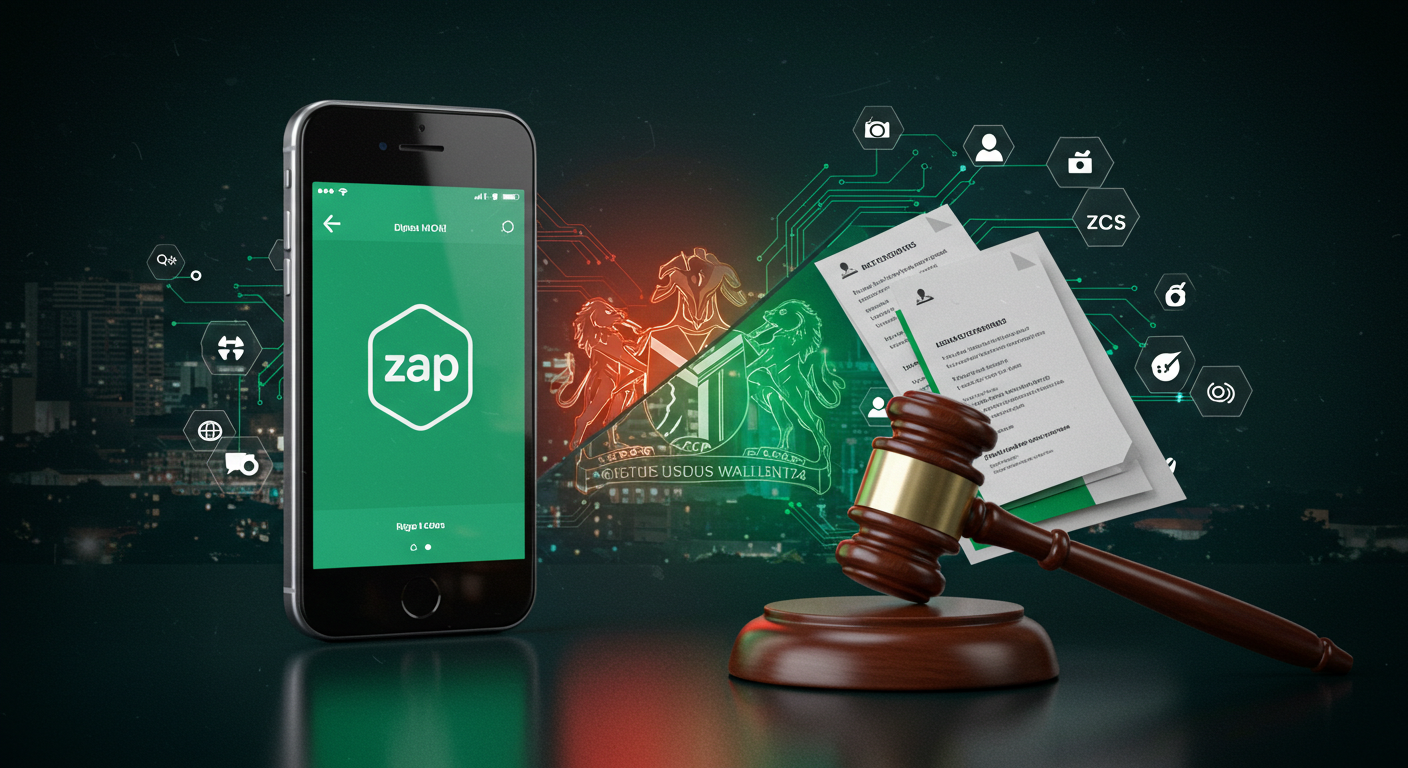The Central Bank of Nigeria has fined Paystack ₦250 million for allegedly operating its new product, Zap, as a wallet without proper licensing.
Paystack’s recent encounter with the Central Bank of Nigeria, CBN, has prompted a broader debate on whether the Stripe-owned fintech is ready to handle the weight of consumer-facing innovation in a highly regulated environment.
Zap, designed to facilitate peer-to-peer money transfers, was quietly launched in March, relying on Titan Trust Bank for deposit capabilities and offering a sleek, Paystack-branded user experience. For regulators, the optics-first strategy appears to have passed a boundary.
While Paystack has a switching and processing license, the service Zap provides, however indirectly, is considered as deposit-taking. In a field where regulation evolves at the same rate as the things it supervises, the distinctions are becoming increasingly blurred. But it raises a larger question: is Paystack going faster than it is permitted to?
This fine, the most serious public censure Paystack has received since entering the Nigerian market, comes at a time when consumer confidence, regulatory goodwill, and brand integrity are all inextricably backbone of thousands of Nigerian enterprises. This shift into direct-to-consumer goods like Zap may be a risky, yet maybe premature, step.
There’s also the added legal complexity: Zap Africa, a cryptocurrency business, is presently suing Paystack for trademark infringement on the term “Zap.” For a firm that is frequently cited as an example of African fintech success, the complexity of regulatory and legal impediments feels alien.
Read also: TVC Communications unveils Nigeria’s first AI news anchors, revolutionizing broadcasting
The quiet from Paystack’s camp, from a carefully crafted public relations statement confirming continuing negotiations with authorities, indicates prudence. And rightfully so. The consequences of this occurrence extend beyond the penalties. They raise worries about fintech’s ability to expand responsibly, how far they can push the boundaries of partnership-based compliance, and if infrastructure-first behemoths are genuinely prepared for the operational weight of becoming consumer brands.
For an ecosystem that looks to Paystack as a guiding light, the Zap scenario might serve as a cautionary tale: innovation without complete compliance may move quickly, but it does not always break the right things.






Comment
No comments found.